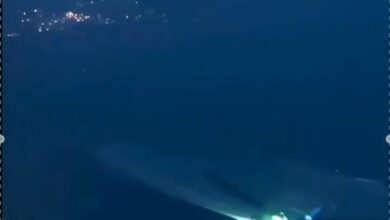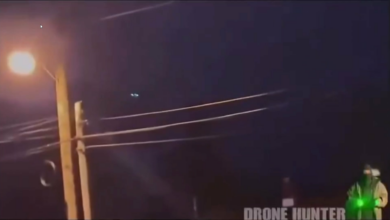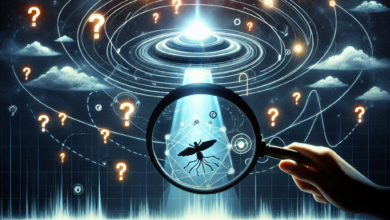Concerns Rise Over Potential Involvement of Dick Cheney in Recent Developments
New Allegations Surface About Dick Cheney’s Role in Potential Crash Retrieval Program
In recent weeks, the internet has been buzzing with speculation about former Vice President Dick Cheney’s possible involvement in a clandestine crash retrieval program, sparking concern and outrage among various communities. If these rumors bear any truth, they paint a highly disturbing picture.
Cheney, infamous architect of the Iraq war that resulted in the loss of hundreds of thousands of lives, has already left a controversial legacy largely perceived as heavily motivated by oil interests. Given his history, many are skeptical about his capacity for even graver actions, especially when it comes to guarding what could be humanity’s most valuable secret.
"Could there be a more amoral and sociopathic government figure to gatekeep such a program?" asked one observer on a popular forum, highlighting the public’s incredulity. Cheney’s reputation for ruthlessness and manipulation makes it easy to believe that he would go to extreme lengths to protect secrets of immense importance.
This sentiment echoes a broader feeling that the real levers of power in government are often held by shadowy figures behind the scenes, rendering elected officials relatively powerless. For years, covert programs have been able to deflect attention from their activities, but the rising seriousness with which Unidentified Aerial Phenomena (UAPs) are being investigated makes it increasingly difficult to maintain such diversions.
With a more formal focus on UAPs, the stakes appear to be getting higher. The intensified scrutiny by officials could lead to a collapse of the long-maintained facade, and the question remains: what will be the reaction of those guarding these secrets? The specter of wrathful gatekeepers rather than ultimate justice is a concern that many find pressing.
Further adding fuel to the fire, Cheney recently made headlines by endorsing Vice President Kamala Harris, a move that left many scratching their heads. Normally, such an endorsement wouldn’t align with Cheney’s political affiliations. However, some interpret this as a strategic move, suggesting that Cheney wouldn’t support a candidate who poses any risk to exposing such deep secrets. In the context of a possible acceleration in UAP interest leading into the next presidency, this endorsement has raised eyebrows, indicating a potential sense of urgency and even desperation on Cheney’s part.
This dimension of disclosure—the potential actions of gatekeepers facing exposure—often flies under the radar. While speculation about the actions of Non-Human Intelligence (NHI) is common, the more immediate concern might be the lengths to which those holding the keys to these covert programs will go to evade accountability.
Is this scenario far-fetched or a genuine cause for concern? As these discussions gain traction, it’s a question that many find themselves asking more frequently. Feel free to share your thoughts and join the conversation.
Stay tuned as we continue to follow this evolving story.




